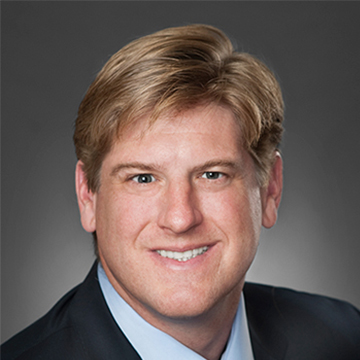
Repatriate the U.S. Infrastructure?

By Brad Stark MS, CFP®
Founder and Chief Compliance Officer
During his time on the campaign trail, Donald Trump talked a lot about fixing the crumbling infrastructure of the country (roads, bridges, airports, etc.). Some byproducts of these projects could be increased economic activity and higher employment. And when it comes to construction jobs, there are many entry-level functions where inner city youth could work (that was another campaign promise).
Who knows how this will all shake out? None of it gets done without money, so where are the dollars going to come from? I believe the funding source will be through the repatriation of foreign company profits. One-time construction projects funded by one-time tax revenues – that fits well into how the government budget operates.
What is the repatriation of foreign company profits? Well, for U.S.-based companies, it is estimated that they have parked in excess of $2.6 trillion* in untaxed profits in foreign countries. Repatriation is the idea of giving these companies an incentive to bring the money back home: a “tax holiday” so that they can avoid the current tax rate of 35% on profits and instead pay a lower rate. A 10% figure has recently been batted around, and this concept has been in the proposal merry-go-round since 2011. By the way, both the Republicans and the Democrats are in favor of doing something here but have yet to come to an agreement. This is one of the very few items that has received broad bipartisan support.
The last time a similar event occurred was in 2005 when $300 million* flowed in from foreign shores. While the government received their cut, the excess profits were mostly spent on share buybacks by the companies, according to a Harvard, University of Chicago and MIT study. I would not be surprised if further incentives were made to promote agenda items. Time will tell, but there is “easy” money for the government to collect, and a lot of companies would be thrilled to bring back the funds at a lower tax rate. But in order to stop this circle of offshore money parking to continue, a change in tax law will be necessary as well.
*Fortune/Reuters 2016
944397 4/17


